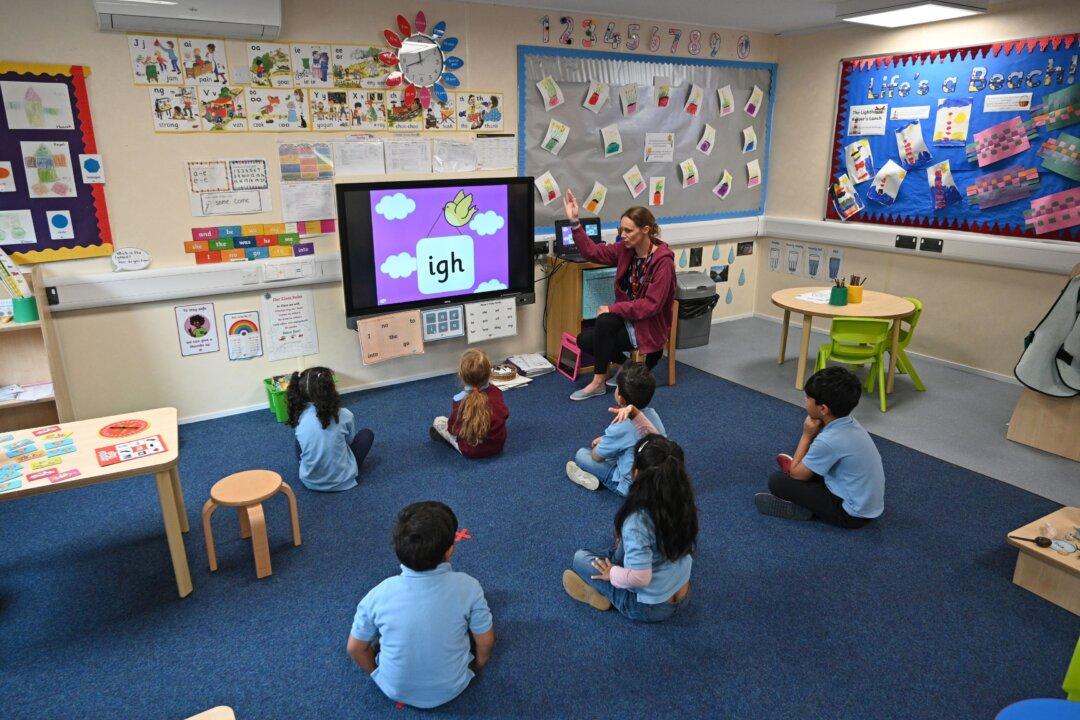Children’s welfare will be added to an inquiry that hopes to learn lessons from the British government’s response to COVID 19.
On Thursday, Baroness Hallett, a former High Court judge and the Chair of the UK COVID-19 Public Inquiry, wrote to Prime Minister Boris Johnson with her proposed changes for an Inquiry that will play a key role in examining the UK’s pandemic response.





